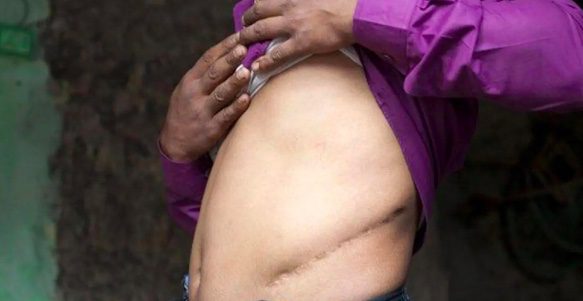
The insidious trade of human organs keeps growing but is still being ignored
The illegal trade in human organs has reached epidemic levels, yet public awareness remains alarmingly low. Nigerian human rights lawyer Frank Tietie believes this crisis has not attracted enough condemnation, explaining that the scale of the problem demands far more attention. “One would have expected the level of public condemnation against it would have been much higher, but that’s not the case,” Tietie told DW.
According to a report by Global Financial Integrity (GFI), the illegal trafficking of organs generates between $840 million and $1.7 billion annually. This staggering figure underscores the depth of this covert trade, which often preys on the most vulnerable.
More about exploitation than altruism
Organ trafficking is deeply rooted in economic disparity, where desperation and poverty force people into situations where they are compelled to sell parts of their bodies. “Organ donation is driven mainly by poverty rather than the noble motivation of trying to save a life,” Tietie explained, revealing how this trade is more about exploitation than altruism.
For many, organ selling seems like a lifeline out of financial hardship. However, this false hope is a hallmark of modern slavery, where vulnerable individuals are deceived or manipulated into trading their organs for quick cash, often receiving far less than promised.
DW reports,
The sale of human organs is illegal across Africa. However, in 2022, the Kenyatta National Hospital in Nairobi, Kenya, felt compelled to put out a Facebook post reading “We Don’t Buy Kidneys!” after the medical institution said “How much for my kidney?” was their most inboxed question.
